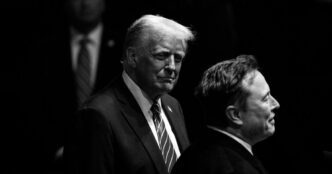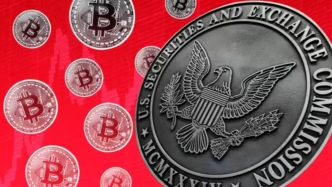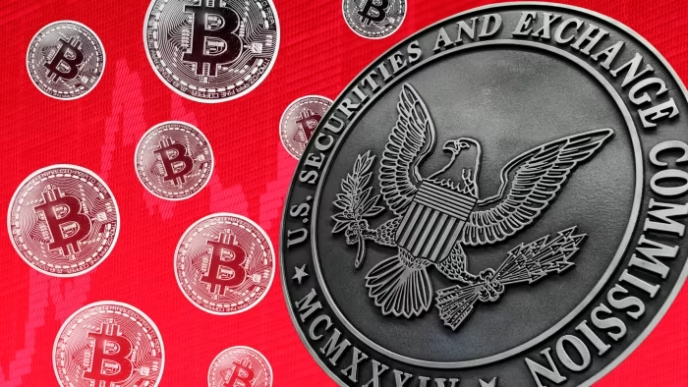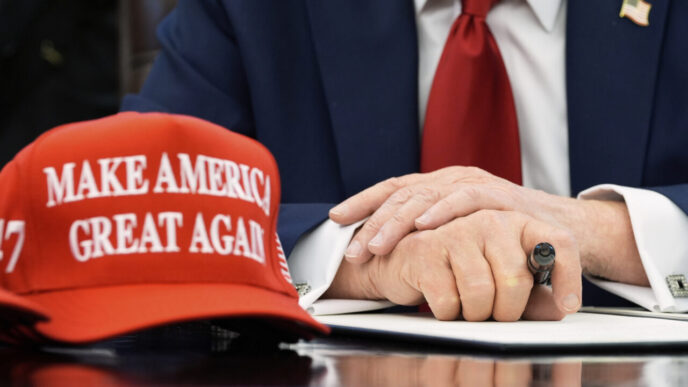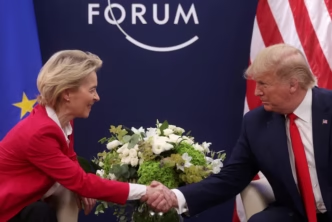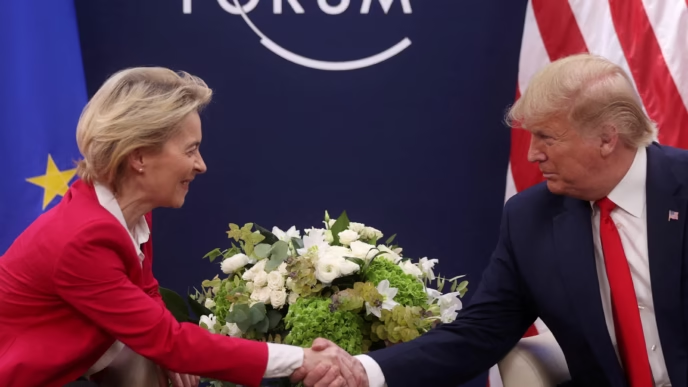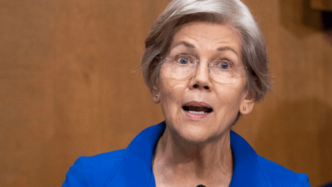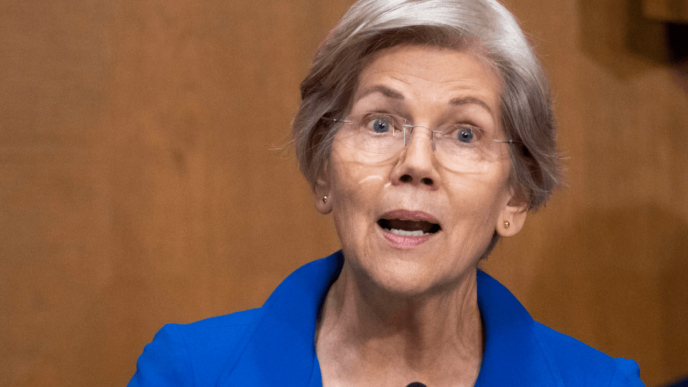In a stunning escalation of tensions between political leadership and tech industry power, U.S. President Donald Trump has publicly threatened to revoke Elon Musk’s citizenship and deport him, citing what he called “disloyalty to American values” and “dangerous foreign influence over U.S. innovation.”
The comment came during a campaign rally in Ohio, where Trump criticized Musk’s influence over digital currencies, AI, and national discourse. Referring to the billionaire CEO of Tesla, SpaceX, and xAI, Trump stated:
“If you come to this country, make billions, then turn around and attack our economy and our institutions, maybe it’s time you go back where you came from.”
Background: A Rapidly Deteriorating Relationship
While the two men once shared mutual praise — with Musk serving on advisory councils during Trump’s first term — their relationship has soured sharply in recent years. Key areas of conflict include:
- Musk’s vocal criticism of Trump’s immigration and trade policies
- Trump’s growing suspicion over Musk’s promotion of cryptocurrencies like Dogecoin
- Musk’s continued advocacy for global collaboration in AI, which Trump sees as a threat to American sovereignty
This latest threat marks the most personal and politically charged exchange yet.
Musk Responds: “I Won’t Be Intimidated”
Elon Musk responded to the deportation comment with characteristic defiance on X (formerly Twitter):
“I’m an American citizen. I believe in free speech, innovation, and competition. I won’t be intimidated — by anyone.”
Musk, who was born in South Africa and became a U.S. citizen in 2002, has used his platform to push back against what he calls “backward nationalism” and “anti-innovation populism.”
Legal Reality: Can a Naturalized Citizen Be Deported?
From a legal standpoint, deporting a naturalized U.S. citizen is extremely rare and can only occur under extraordinary circumstances, such as proven fraud during the naturalization process. Constitutional scholars have already labeled Trump’s remarks as political theater, warning that such rhetoric risks undermining public trust and legal norms.
Implications: Tech vs. Populism
Trump’s remarks reflect a widening rift between American political populism and Silicon Valley technocracy. With tech leaders increasingly shaping public opinion and global economics, figures like Musk pose both symbolic and structural challenges to traditional political frameworks.
The deportation threat, while not legally actionable, sends a clear message: the next U.S. administration could take a more confrontational stance toward tech giants, especially those who resist political alignment.
Conclusion: A Defining Battle for American Influence
This latest clash is not just about Trump and Musk — it’s about who controls the narrative of American progress. As the 2024 campaign season intensifies, expect more sparks between political power and private-sector disruption. Whether symbolic or serious, Trump’s comments have placed Elon Musk at the center of a new American identity debate — one that pits innovation against ideology, and globalization against nationalism.

